
Grades:
6th Grade, 7th Grade, 8th Grade
Students will design and create a working, themed pinball machine that follows specified constraints and utilizes Makerspace materials. As students design they will be studying social studies, math

Grades:
5th Grade
Students will view and create examples of energy transfer in this activity that explores chain reactions. Students will summarize their learning and draw a model of their results.

Grades:
3rd Grade, 4th Grade
This lesson is going to be designed to teach third graders about the plant cells and anatomy. The lesson is based on an overview of the plant cells and an interactive experience for students to

Grades:
5th Grade
Students experience the process of creating a whole elevator-shaft design complete with a car and a pulley system. They will experience an integrated STEAM lesson with combined content from Science

Grades:
5th Grade
Summary: This lesson is a precursor to subsequent lessons comparing how garden growing techniques determine plant growth/production. Students will be activating prior knowledge in the life sciences

Grades:
3rd Grade
Summary: This lesson is geared towards 3rd graders but can be modified for upper and lower grades. Throughout the next 4 lessons they will describe the role of pollinators and explain their effects
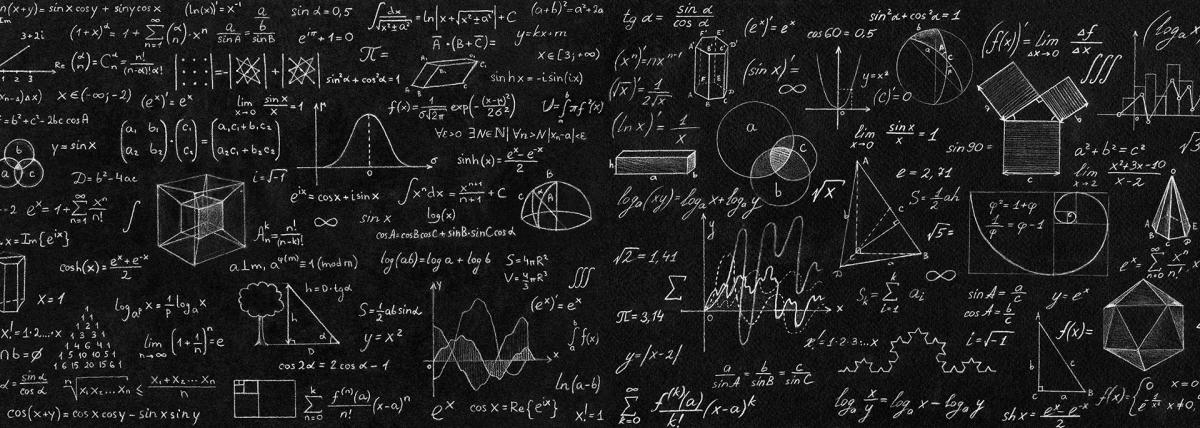
Grades:
5th Grade
This hands-on lesson covers balanced and unbalanced forces. Students use the skills they have already been taught to apply them to a real-world situation involving rockets. You will need 500mL bottles
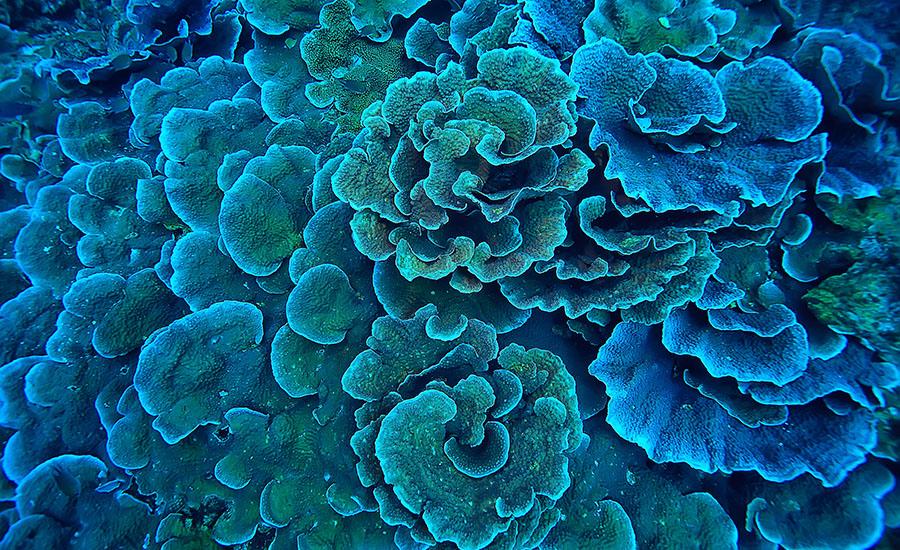
Grades:
5th Grade
This engaging lesson places an emphasis on how oil adversely affects the environment and animal habitats. Students complete a hands-on activity to replicate an oil spill and then develop a

Grades:
4th Grade, 5th Grade, 6th Grade, 7th Grade, 8th Grade
This is the first lesson in a series of 4. Students gain an understanding of the forces that are acting upon a drone when it is flying. They will learn about how thrust, weight, lift and drag work

Grades:
4th Grade, 5th Grade, 6th Grade, 7th Grade, 8th Grade
In this hands-on lesson, students learn how to get their drone into the air. It covers hovering, yaw, roll, and pitch. Before the students launch their drones, there is a discussion about preparing

Grades:
7th Grade
Students will learn the parts of the microscope, how to calculate the magnification, how to focus the microscope, as well as draw what they see in the field of view. Students will also write their

Grades:
8th Grade
In this lesson, students will explore how biomes differ in different parts of the globe. They will identify differences between biomes and collaborate with peers to gather environmental science data

Grades:
8th Grade
Students will measure the height, diameter, and circumference of a tree in this engaging lesson. They will then determine a tree’s age by counting growth rings. Students will determine how rainfall

Grades:
8th Grade
In this lesson students will gather data about local tree diameters. They will then estimate the approximate age of trees. Students build connections between a tree’s growth and environmental factors

Grades:
8th Grade
In this lesson students analyze the relationship between rainfall and tree growth from a sample. They will then graphically model that relationship. This is the 4th lesson in a series of 4. Links to

Grades:
7th Grade
This lesson is designed to explicitly teach ideas about the nature of science. It contains no specific scientific content knowledge. This means that students can learn about the nature of science

Grades:
7th Grade
This engaging lesson is designed to simulate how scientists look for patterns in evidence to make claims, and back them up with reasoning. There are some important takeaways that students will make
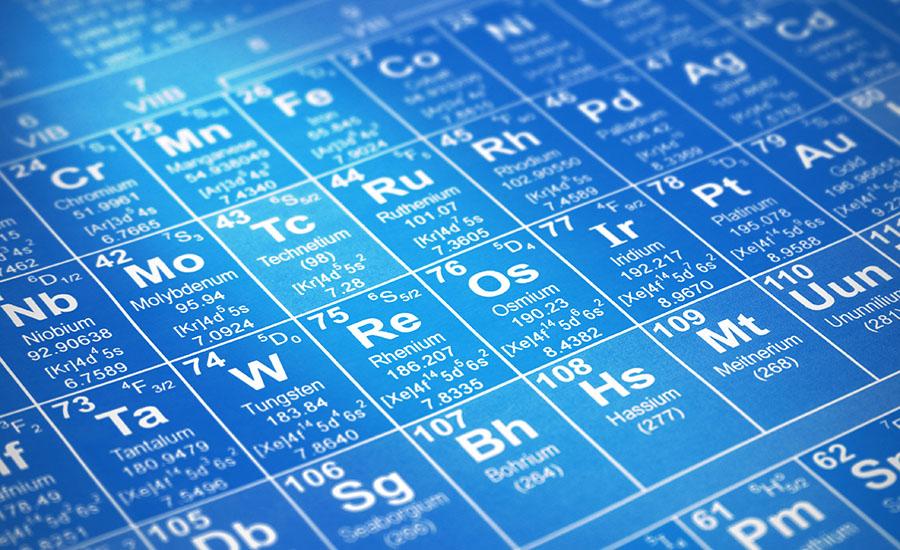
Grades:
10th Grade, 11th Grade, 12th Grade
This lesson plan includes activities for a full unit on Fission and Fusion, which are included in our state science standards. Students will create models of fusion and fission using a free online

Grades:
10th Grade, 11th Grade, 12th Grade
This lesson involves students calculating the density of various objects of differing sizes of the same substance. Each student group will need a balance, a ruler, and/or a graduated cylinder. They

Grades:
8th Grade, 9th Grade, 10th Grade
In this lesson, students will be introduced to the concept of osmosis, then investigate how solutions of various salt concentrations influence the size of plant cells.

Grades:
4th Grade, 5th Grade, 6th Grade
Summary: Students will design and create a model of a flowering plant that correctly displays its external structure. Materials: Straws, toothpicks, felt, paper, string, wooden skewers, modeling clay

Grades:
6th Grade, 7th Grade, 8th Grade
Students will create their own cookie cutters to fill a custom order in their bakery. They will need access to 3D design software like Tinkercad and access to a 3D printer. It's even more fun when you
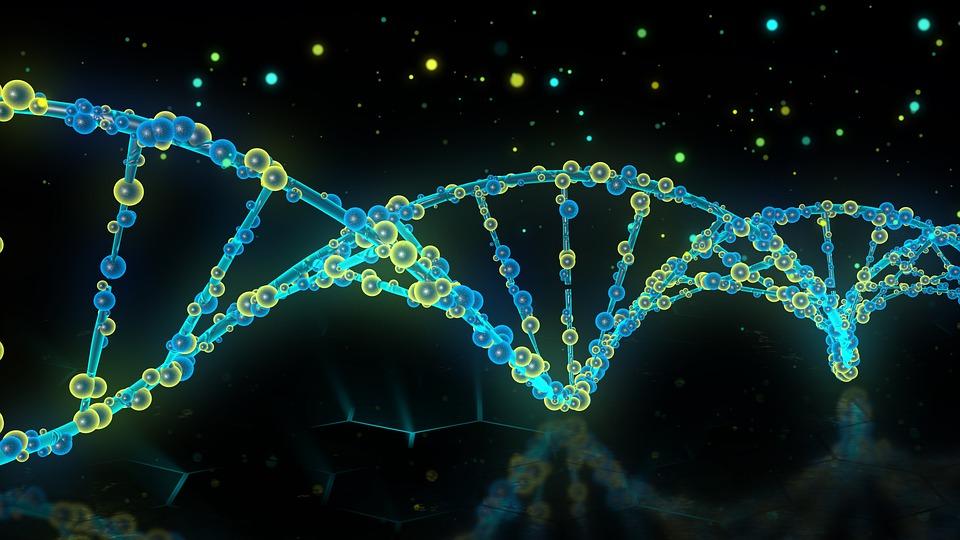
Grades:
5th Grade
For this 90 minute lesson students are going to watch an introductory video about how we inherit features and then they will do research on a website. In the project they will fill out a survey
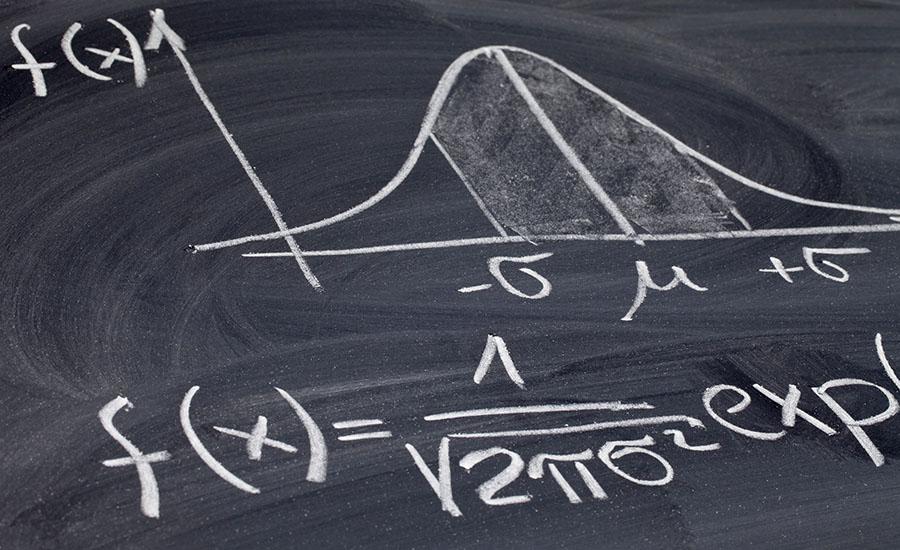
Grades:
8th Grade, 9th Grade
Connect real world situations to the graphs of parabolas through flight. Groups will create PVC stomp rockets, collect data of their rocket's flight path and graph this path on paper to compare to
